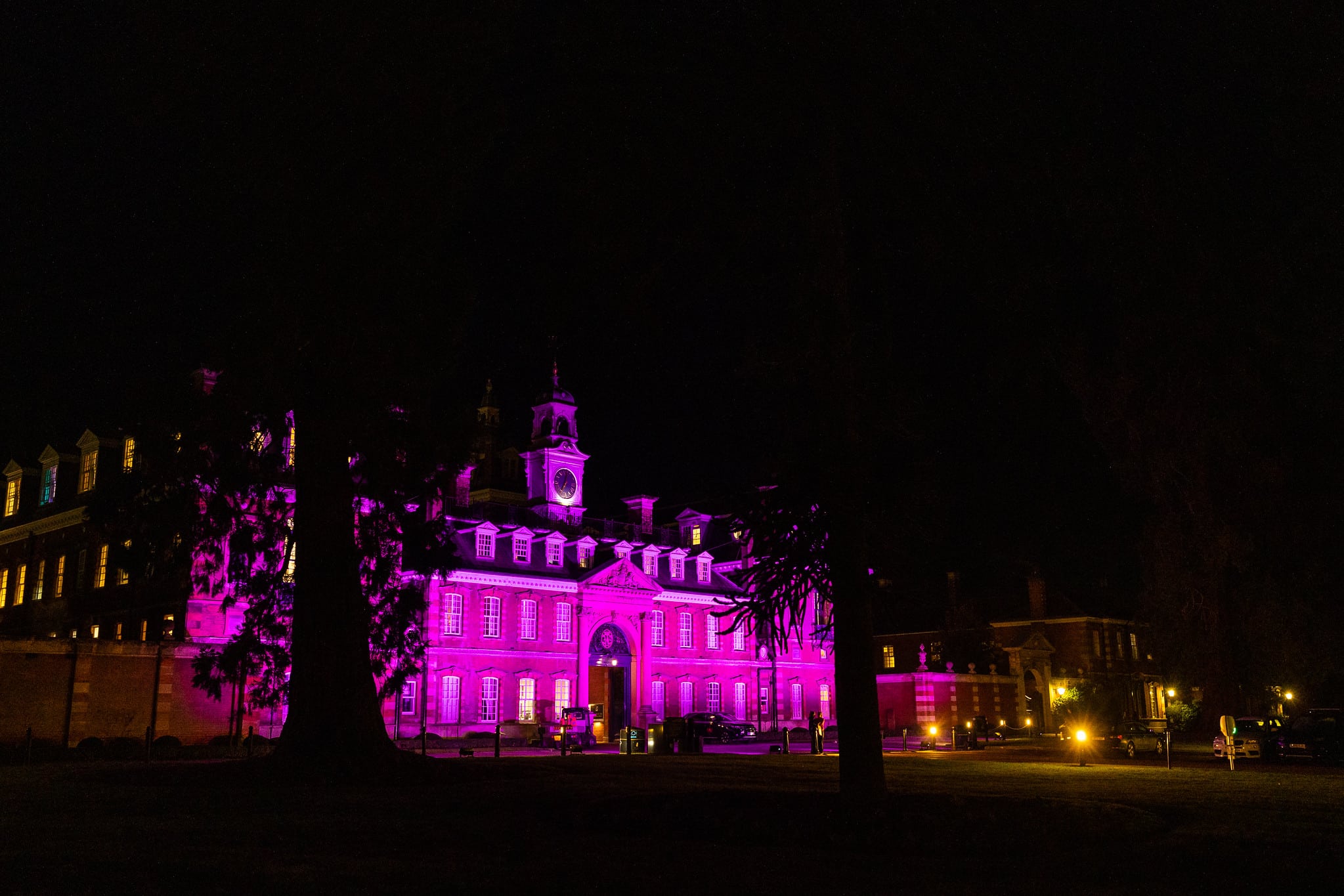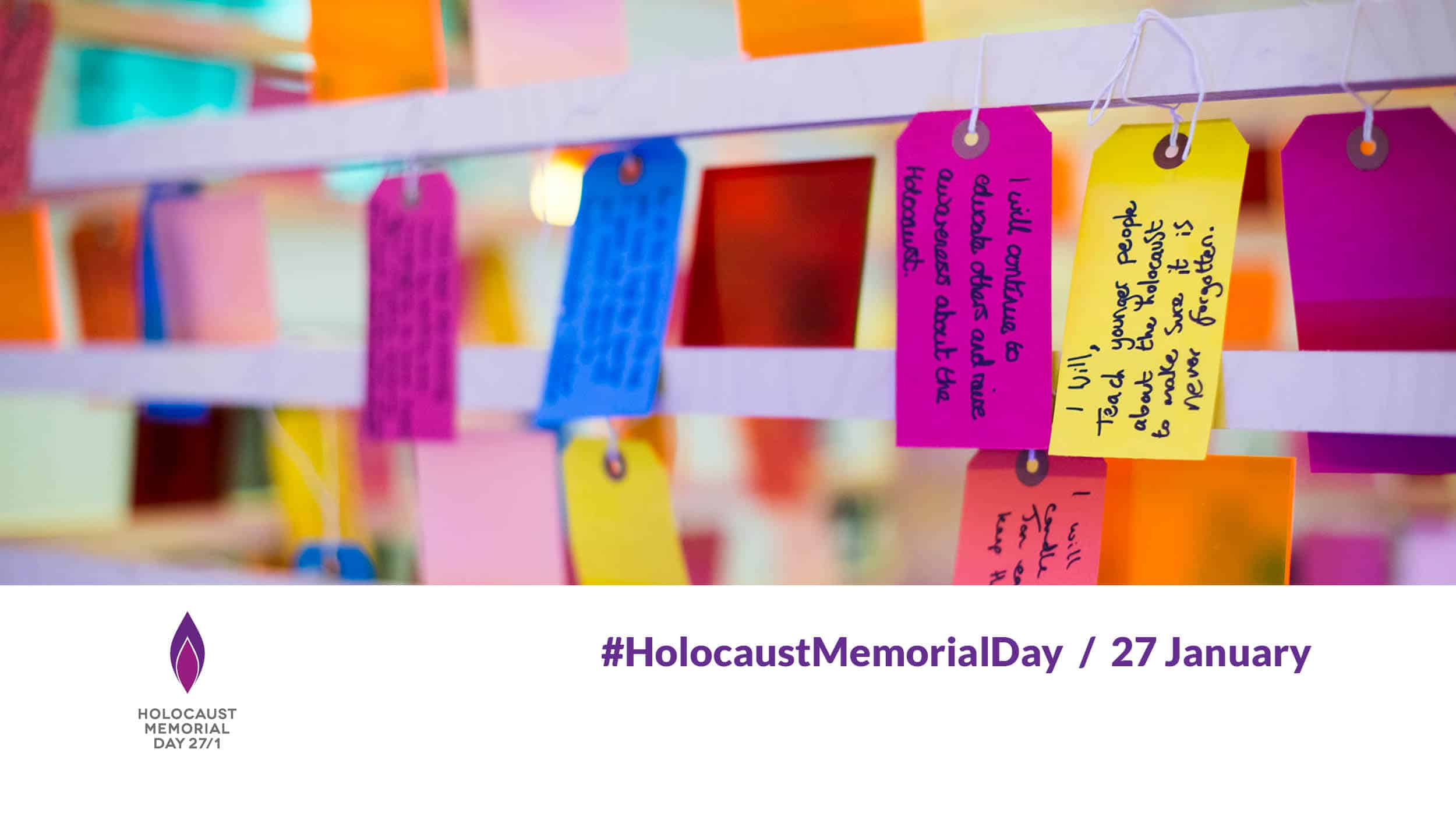
Derrick Sington was himself of Jewish heritage, and was a student at Wellington from 1921 to 1927, in the Wellesley. He became Head of House, a Prefect, and ‘Master of the Hunt’, which means Captain of the school’s cross-country running club. He won several academic prizes, and was also an active member of the school Debating Society.
During his time at Oxford University, he continued to debate and was on the committee of the University Labour Club. He then became a journalist and joined the BBC. During the Second World War he enlisted in the Intelligence Corps, in which capacity he was one of the first group of Allied troops to enter the Bergen-Belsen concentration camp when it was liberated on 15 April 1945. Derrick and his unit spent the next five months there as interpreters for Allied officers as they took charge of the camp, organising the distribution of food and arresting collaborators. He later testified to his experiences, as a witness at the Nuremberg trials. A transcript of his testimony is here: 1st Belsen Trial (bergenbelsen.co.uk)
Derrick married Gertrude, one of the Belsen survivors, and later wrote a book called ‘Belsen Uncovered,’ believing that the atrocities of the camp should be made known. He continued as a successful journalist after the war. He appears as a character in this TV film of 2007: The Relief of Belsen – Wikipedia
On Holocaust Memorial Day we remember and reflect on the dangers of bigotry, prejudice, and hatred when it goes unchecked and unchallenged. It is a poignant day, remembering the lives cut short and lives changed in the horrific events of the Holocaust and subsequent genocides in Cambodia, Rwanda, Bosnia and Darfur. Its commemoration is an opportunity for us all to remember and learn from the horror of genocide and reaffirm our belief in the power of celebrating our differences and enjoying our shared humanity. The theme this year is ‘ordinary people’ and the Holocaust Memorial Day Trust invites us all to consider not just how ‘ordinary people’ allowed atrocities to take place, but also how ‘ordinary people’ can take action to make the world more equitable and inclusive and remove barriers to inclusion wherever they are found.
At 4pm on Friday evening, Wellington College will light up in purple, joining people across the UK in a national moment of commemoration and solidarity as we ‘light the darkness’ in remembrance.
In chapel we welcomed an address by one of our Jewish pupils, sharing their own experiences of antisemitism and highlighting the continuing need for education and commitment to standing against this and all forms of prejudice.
Visit the HMD.UK website to find out more: https://www.hmd.org.uk/










